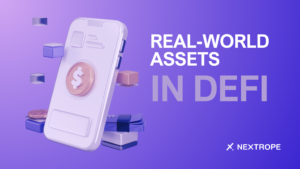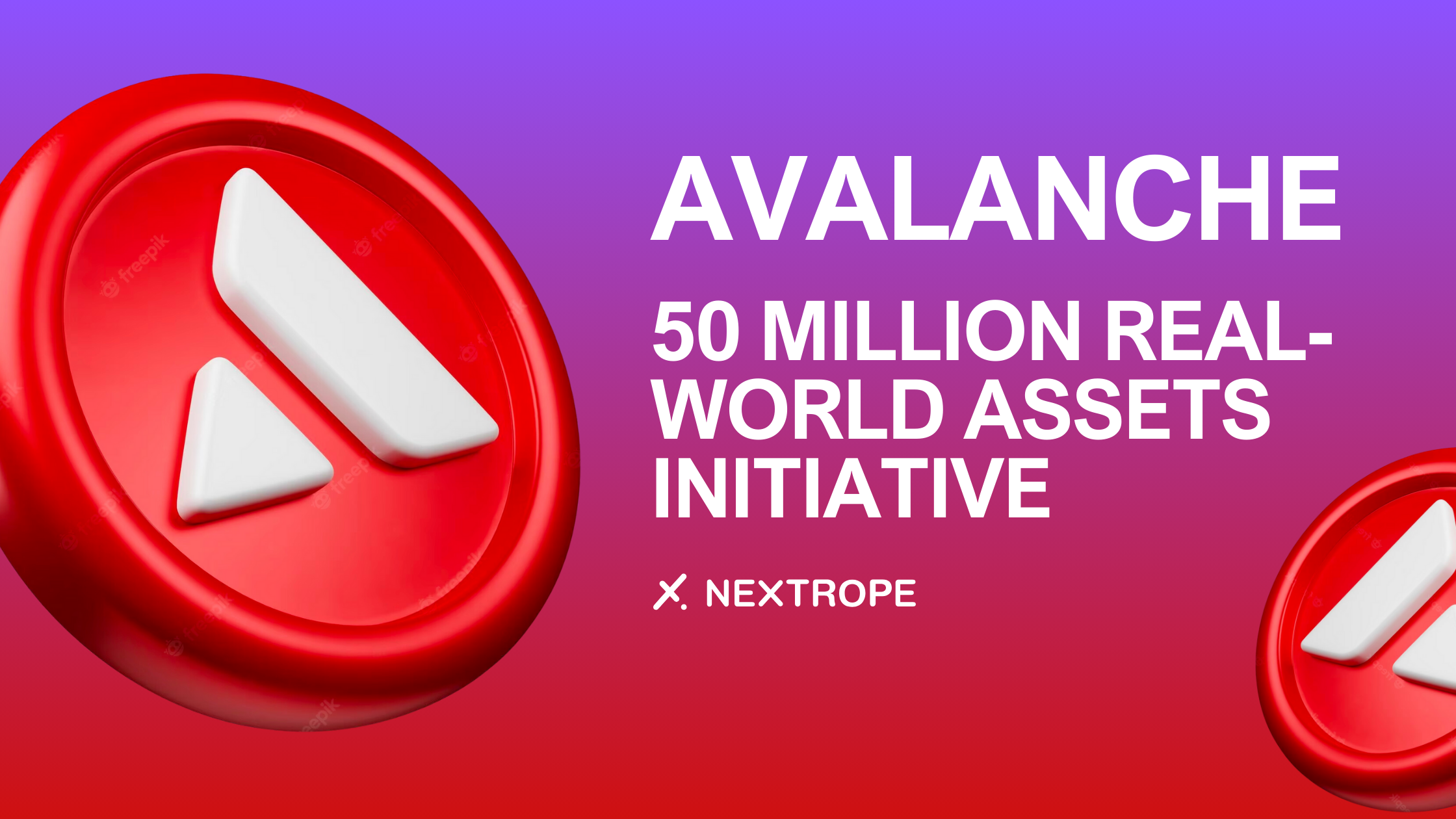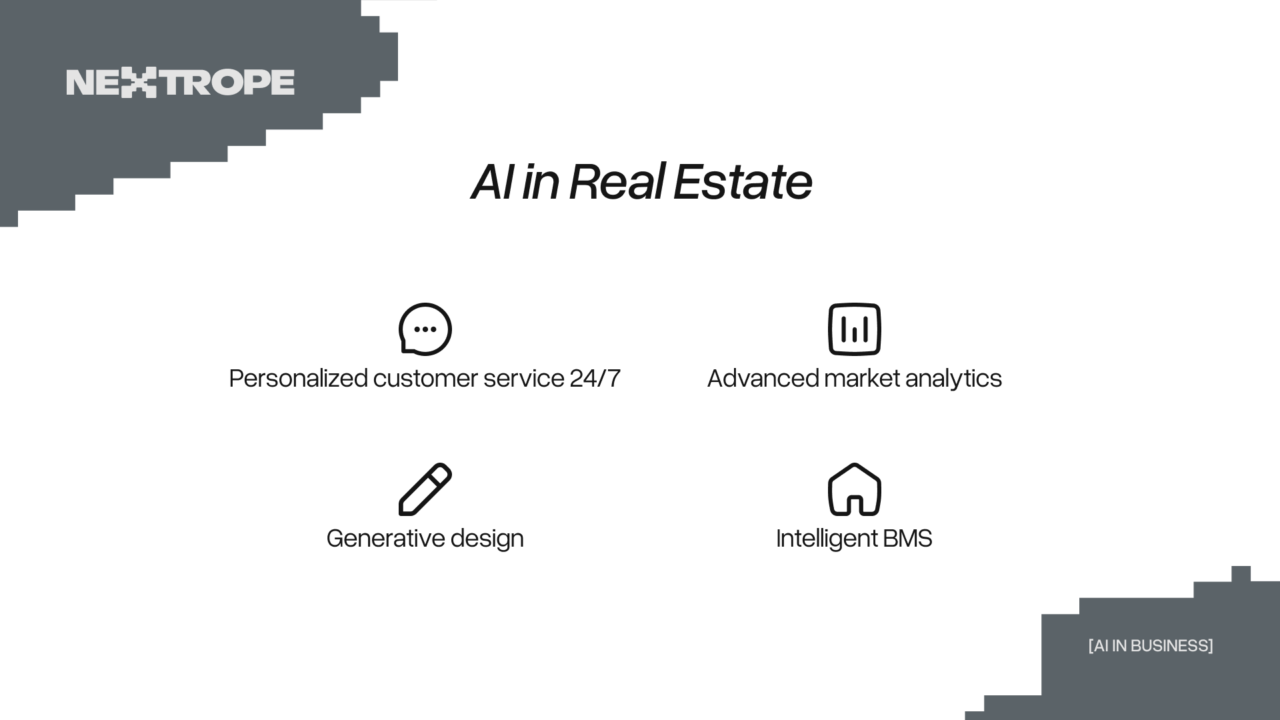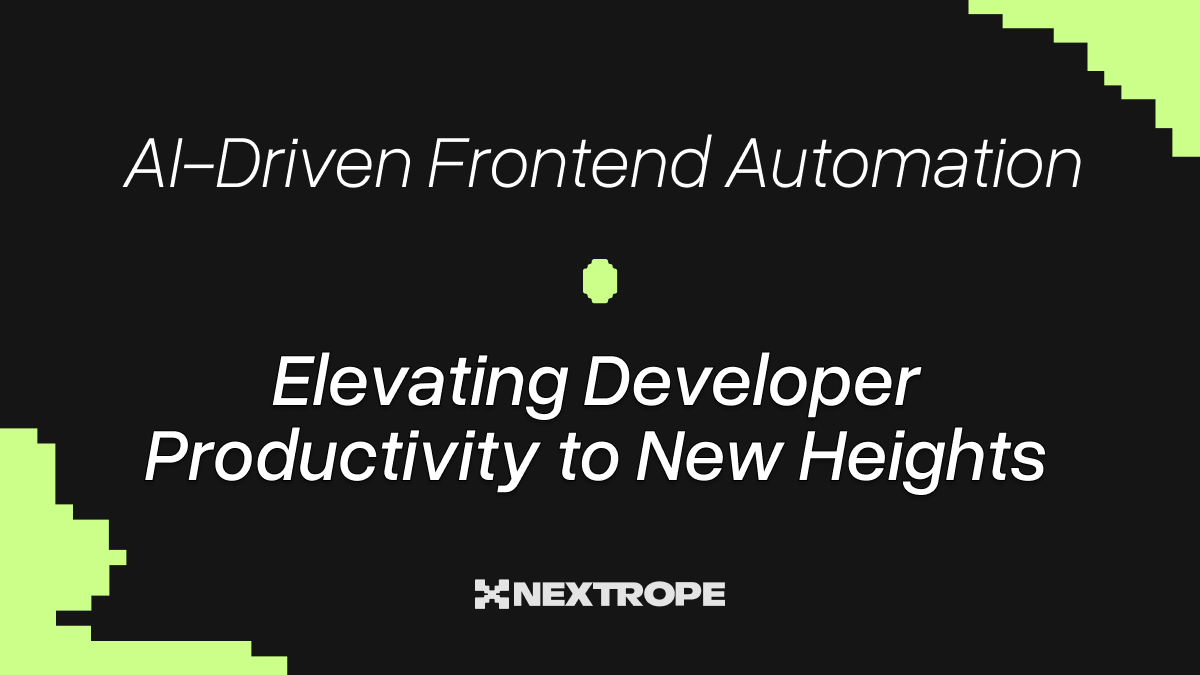In the ever-changing world of finance, Decentralized Finance, or DeFi, is quickly gaining popularity. With over $44 billion secured within its system, DeFi signifies not just numbers but an evolutionary shift in how cryptocurrency investors manage and grow their assets. This groundbreaking approach has introduced crypto enthusiasts to unique ways of increasing their wealth. However, although DeFi has made a significant impact in the crypto world, its presence remains relatively small within the broader global financial sector. For DeFi to fully realize its potential, it must establish a bridge to the traditional financial system, tapping into the immense opportunities presented by institutional investors and established businesses. Integrating real-world assets, specifically tokenized versions of well-established financial instruments, can pave the way for increased stability in DeFi.
DeFi's Present State
Accomplishments
The significance of DeFi's rapid ascent in the world of cryptocurrency cannot be downplayed. It serves as a shining example of success, providing crypto holders with chances to generate passive income through creative methods like yield farming. In contrast, borrowers are granted quick access to loans with favorable terms that outshine offerings from even the most experienced traditional financial institutions.

Challenges
However, DeFi isn't without its challenges. Although it represents a substantial presence in the crypto sphere, it faces numerous internal struggles that put its foundation at risk. One particularly problematic issue is over-collateralization, which results from strict requirements imposed on borrowers. To counter price instability, they're often mandated to provide collateral well above the loan's value. For instance, MakerDAO - a stablecoin issuer - demands a shocking $1,500 deposit as collateral for borrowing only $1,000. Should the collateral's worth fall below this amount, harsh liquidation penalties follow. This situation not only presents considerable risks for borrowers but also hinders DeFi's fundamental mission of democratizing financial access. As a result, numerous global businesses remain constrained and unable to utilize DeFi for funding due to the inflexible crypto-only collateral requirement.
Further exacerbating these issues is the problem of liquidity. The initial excitement that pushed DeFi's total value locked (TVL) to a record $236 billion in November 2021 didn't last. The following 'crypto winter' caused a steep decline, dragging TVL down to just $40 billion by mid-2022. This sharp drop significantly impacted most DeFi tokens, diminishing their value by a staggering 80%-90%. Such turmoil severely disrupted DeFi's incentive model, as yields – dependent on deposited funds and paid out in DeFi tokens – suffered a substantial depreciation.
While the DeFi landscape holds great potential, it is also riddled with these daunting obstacles. To fully unlock its possibilities, a strategic integration with traditional finance is necessary.
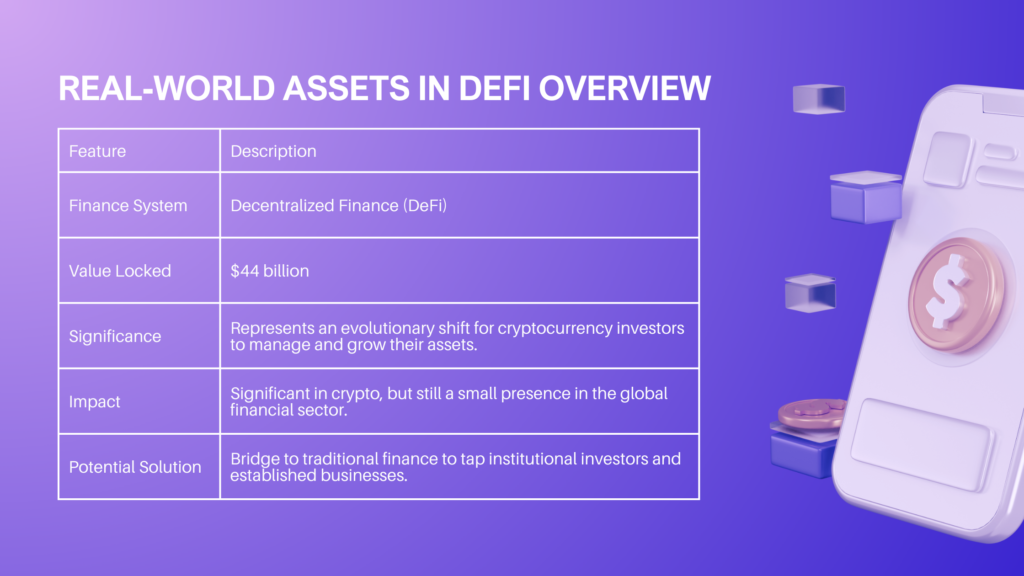
Uniting Traditional Finance with Decentralized Finance
The Prospects of Tokenizing Physical Assets
As decentralized finance (DeFi) continues to experience growing pains, the answer may lie in tapping into the strengths of traditional finance. Integrating real-world assets, specifically tokenized versions of well-established financial instruments, can pave the way for increased stability in DeFi. Envision tokenized bonds, equities, debt, and physical assets such as gold, real estate, and art incorporated into the DeFi realm. The inclusion of these more stable assets can serve as a protective barrier for user investments and broaden the reach of DeFi protocols.
What does this integration process entail? Tokenization revolves around creating digital replicas of physical assets on a transparent public blockchain. This revolutionary procedure ensures not only transparent transactions but also removes intermediaries from the equation. As a result, transactions become faster and more streamlined, with costs significantly lower than traditional methods.
DeFi Drawing Attention from Institutions
DeFi's potential has captured not only its supporters' interest but also that of major players within traditional finance. The increase in institutional engagement serves as evidence of this trend. Consider BlackRock's recent submission to the U.S. Securities Exchange Commission (SEC) for approval of a bitcoin exchange-traded fund (ETF). They're not alone – Fidelity, Invesco, Wisdom Tree, and Valkyrie have also filed ETF applications, demonstrating the growing institutional appetite for DeFi exposure. This interest extends beyond ETFs; Banco Santander's efforts to educate its user base on digital assets and the launch of EDX Exchange by giants like Charles Schwab, Fidelity, and Citadel Securities exemplify the strengthening relationship between DeFi and traditional finance.
Read this article

Integrating Real-world Assets into DeFi
Perks for Conventional Financial Institutions
Traditional financial institutions are undoubtedly drawn to DeFi. Introducing tokenized versions of traditional stocks, commodities, bonds, art, and real estate can revolutionize financial transactions. Present-day markets heavily rely on intermediaries like stockbrokers, who take a cut of the profits with each transaction. However, DeFi has the potential to change that scenario. Enter smart contracts: these self-executing agreements with coded terms automatically complete transactions as soon as pre-defined conditions are met. Faster transactions, decreased administrative expenses, and unparalleled transparency become realistic expectations under DeFi – a transparent, public ledger accessible to everyone fosters a more accountable financial future.
Advantages for DeFi Protocols
Incorporating real-world assets may be the key to resolving DeFi's issues. These assets are generally more stable than the often volatile DeFi tokens, allowing protocols to aspire toward reduced volatility. Decreased liquidations, minimized fluctuations, and overall ecosystem stability become achievable goals. The real game-changer? DeFi becomes accessible to businesses worldwide. Picture a company tokenizing outstanding invoices for quick credit access or assets like art and real estate becoming fractionalized among numerous investors. Such tokenization efforts introduce exclusive DeFi services like staking and yield farming, revolutionizing market accessibility.
Traditional Finance and DeFi Synergy
Mutual Advantages
Traditional finance and DeFi are not in a rivalry for replacement, but instead, they work together to address deficiencies and capitalize on their distinct strengths. Conventionally, the financial markets demonstrate resilience and consistent growth despite global economic uncertainties, while DeFi brings the potential of democratization, transparency, and efficiency which tend to be insufficient in the traditional system.
During the 'crypto winter,' the DeFi market experienced downturns that revealed its susceptibility to volatility. Nonetheless, with extensive expertise, diverse portfolios, and established risk management approaches, traditional markets offer a stabilizing influence against such drastic fluctuations for DeFi.
Integrated Financial Ecosystem
Merging DeFi and TradFi entails developing a financial ecosystem where assets, digital or physical, circulate seamlessly without the existing cumbersome obstacles. This amalgamation may facilitate the creation of hybrid financial products combining the best features of both domains. Envision a situation where traditional real estate investment, backed by tangible property, is effortlessly tokenized, segmented, and traded on a DeFi platform. Alternatively, consider a conventional bank adopting DeFi protocols for immediate loan approvals with fluctuating interest rates determined by real-time market data.

Conclusion
DeFi's progression from its early stages to its present-day prominence signifies its potential for transformation. To genuinely alter the global financial landscape, it must establish a balanced relationship with traditional finance. By incorporating real-world assets and adopting time-tested methods of conventional finance without sacrificing its fundamental principles of decentralization and transparency, DeFi can pave a way towards an innovative, stable, and inclusive future. This partnership doesn't only signify evolution but also indicates a potential revolution that lays groundwork for a financial world with indistinct boundaries, democratized opportunities, and collectively embraced growth.
 en
en  pl
pl 
